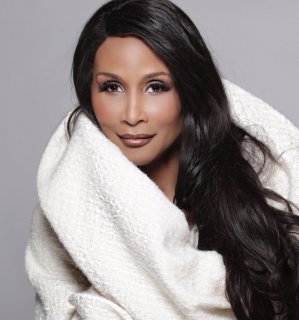
Kellie is probably glad she got out when the going was good!
Bauer confirms Australian exit with sale to Mercury Capital
Max Mason
Media and marketing editor
Jun 17, 2020 – 10.47am
Bauer global chief executive Yvonne Bauer's foray into Australian media ended on Wednesday morning at 3.30am, closing off a chapter in the German family-owned company's history it may rather forget.
The Australian Financial Review's Street Talk column revealed the imminent deal late on Tuesday night, with Sydney-based private equity firm Mercury Capital, run by Clark Perkins, expected to pay less than $50 million for Bauer's Australia and New Zealand operations.
Bauer Media Group has spent $565 million via two acquisitions, including its initial move into Australia in 2012, buying ACP Magazines from Nine, publisher of the
Financial Review, for $525 million, and most recently completing a $40 million acquisition of Pacific Magazines from Seven West Media in May.
The German company made several attempts over its time in Australia to convince
Lachlan Murdoch to sell Bauer his privately owned radio business Nova Entertainment, which the News Corp co-chairman rejected. Bauer is Europe's largest radio broadcaster.
Magazine advertising has plunged since, and Bauer Australia has been through six chief executives since 2012, has closed multiple titles including
Dolly, Cleo, Cosmopolitan and
Men's Style, and pushed many rounds of redundancy, including 130 people in the latest round at Bauer and its recently acquired Pacific Magazines, which includes titles such as
New Idea and
Marie Claire.
In May, Bauer was forced to continue with the PacMags deal. It had agreed to the deal last October but tried to reduce the value of it and even get out of it after the Australian Competition and Consumer Commission raised concerns about it in December, and the COVID-19 pandemic landed a major blow to its revenue.
Seven, using a financial guarantee Bauer's German parent company gave its Australia subsidiary, took Bauer to court to make sure the deal went through. Bauer closed down its New Zealand operations in the midst of the crisis.
'The future is really bullish': Hill
Mercury's new magazine publishing business will be rebranded with Bauer Australia chief executive Brendon Hill, who became CEO in July 2019 and first joined ACP Magazines in 2006, continuing to lead the company under private equity ownership, with its newly expanded portfolio of 43 brands.
The Financial Review first revealed Mercury Capital's interest in November last year.
Mr Hill, however, is buoyant about the new ownership and the expanded portfolio of magazine titles following the PacMags deal completing last month.
"I think the future is really bullish. The combining of Bauer and Pacific together was a great move, and I'm even more excited now that we get to rebrand and be owned by someone else to really start a new chapter and a new business moving forward" Mr Hill told the
Financial Review.
"The reach we've got, the digital audience, we'll continue to evolve those digital products, plus launch new ones off the back of the big audiences we have."
Mr Hill said it has "never been a part of our plan" to shut titles as part of the PacMags deal.
The COVID-19 pandemic has forced some tough decisions; Bauer has currently suspended printing of Elle, NW and Harper's Bazaar.
"It's always been 'they work well now, so they'll work well together under one owner'. As far as I can see they have different audiences, different advertising, different targeting and they work really well, so that shouldn't change," Mr Hill said.
"However, the impact of COVID on advertising revenues was dramatic for all media, not just us, and it was a really difficult decision we made to pause some titles that were reliant on advertising. But we've still seen some green shoots there and the last three weeks has been more positive.
"We were always planning and hoping they would come back in September, October, but it is all so dependent on the impact of COVID-19 on the advertising ... when the advertising is there, they work. We are still planning for that."
Financial Review
 Kellie is probably glad she got out when the going was good!
Kellie is probably glad she got out when the going was good!